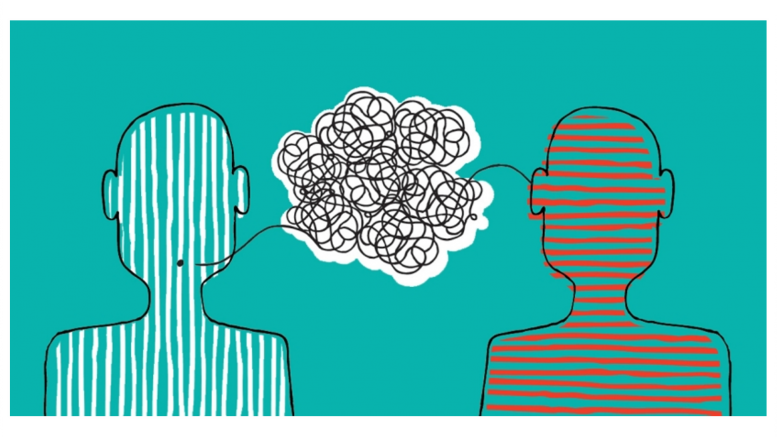In my previous column, I discussed the risks of staying silent on climate change communications and how such silence can damage an organisation’s image. Failing to address climate issues signals a lack of knowledge, commitment, or capability and undermines trust by not being transparent. This silence can significantly damage a company’s reputation and erode stakeholder confidence in today’s climate-conscious world.
I said companies must ensure their climate messaging is authentic and transparent to navigate the fine line between climate silence and unwanted scrutiny/reputation damage. It is crucial to share both the successes and the challenges of their environmental journey, reinforcing that sustainability is a continuous process, not the final destination.
In other words, communicate honestly.
Defining Honest Communication
Honest communication is anchored in transparency, authenticity, proactivity, and foresight. It requires sharing both sides of the story, highlighting the successes and setbacks, the highs and lows. By doing this, companies openly and genuinely communicate key messages, including risks and opportunities.
Companies can do this by proactively sharing relevant information without waiting to be asked while openly addressing potential future challenges. This forward-thinking approach allows them to stay ahead of issues and offer insights that could shape future solutions. This is a proven strategy that many reputable firms use to instil confidence in their stakeholders and ensure they are preserving their ‘social license to operate’.
When we think of this strategy, Patagonia comes to mind. They have been outspoken about environmental issues and how to overcome them for years. As a result, they communicate openly about their environmental impact and outline their strategy and initiatives to minimise this impact. This showcases their strategic intent, ability, and deep understanding of current and future environmental consequences. Because of this, Patagonia is now considered a leader in ESG and climate change, leading the charge for a more sustainable world.
Therefore, by embedding these principles into communication strategies, companies can proactively address stakeholder concerns and foresee potential challenges, creating opportunities that might not have otherwise existed.
This is especially crucial in climate change and ESG communications, where the rapidly shifting landscape demands proactivity and foresight to unlock strategic advantages.
Learning From Those Who Have Mastered It: How to Be Honest in Climate Communications
Patagonia once again displays another best practice. They showcased their commitment to honest communication in its 2011 campaign titled “Don’t Buy This Jacket.” This initiative highlighted the environmental cost of consumerism, urging customers only to purchase what they truly need (including Patagonia’s own products). This transparent and purpose-driven approach was a defining moment that strengthened Patagonia’s reputation as a sustainability leader.
By educating stakeholders rather than misleading them, Patagonia prioritised long-term success over short-term gains. As a result, the company now has a loyal consumer base and solid financial stability.
Another example of honest communication is Unilever, which has been transparent about its sustainability challenges and progress. The company publishes annual sustainability reports, which include performance metrics and strategies as required by regulations. While reports are not a best practice, as many companies are required to publish them, Unilever goes beyond this by openly sharing its challenges and shortfalls. By presenting both sides, they have developed a transparent communication strategy that provides comprehensive reporting on sustainability performance, including shortfalls and successes.
Lastly, one of the most famous examples of effective and honest communication is Johnson & Johnson’s response during the 1982 Tylenol crisis. After seven people died from cyanide-laced Tylenol capsules, J&J immediately recalled 31 million bottles, costing over $100 million. The manner in which Johnson & Johnson handled the situation is now a leading business and communication case study. By ensuring transparent and proactive communication, they helped restore trust and bounce back from something that could have potentially eroded their entire business.
These are just a few examples of how honest communication, rather than perfect or silent communication, is more valuable and impactful in the long run.
The views and opinions published here belong to the author and do not necessarily reflect the views and opinions of the publisher.



Be the first to comment on "Corporate Climate Commitments: Why Honest Communication Matters More Than Perfection"